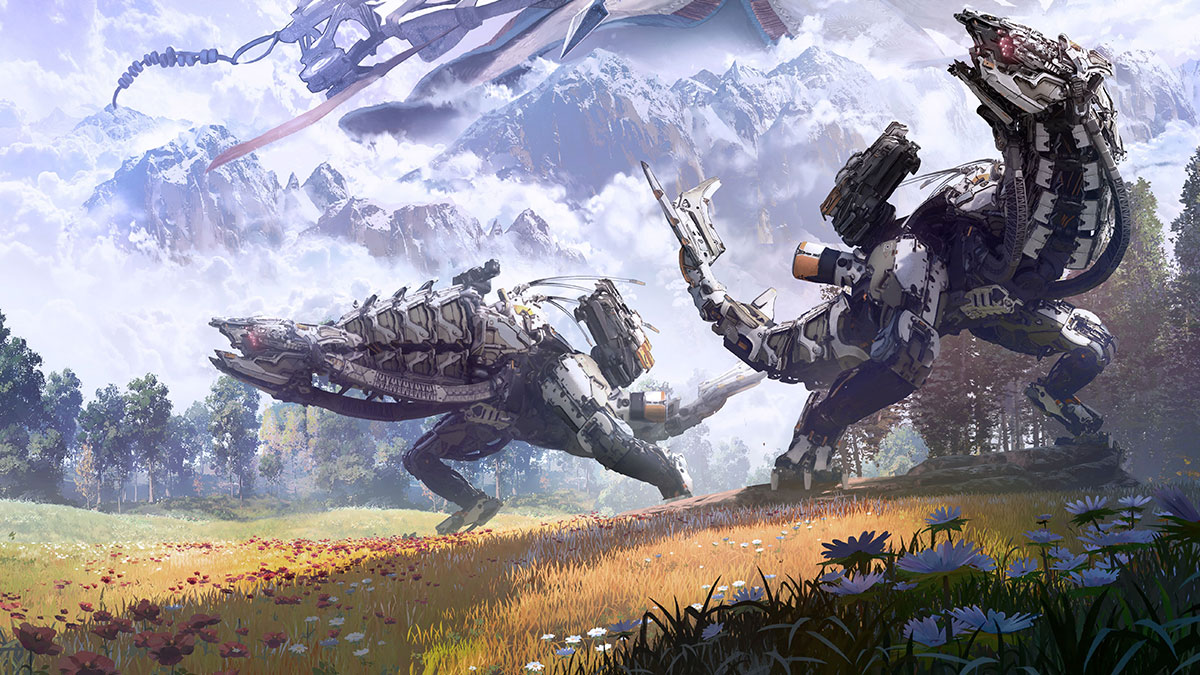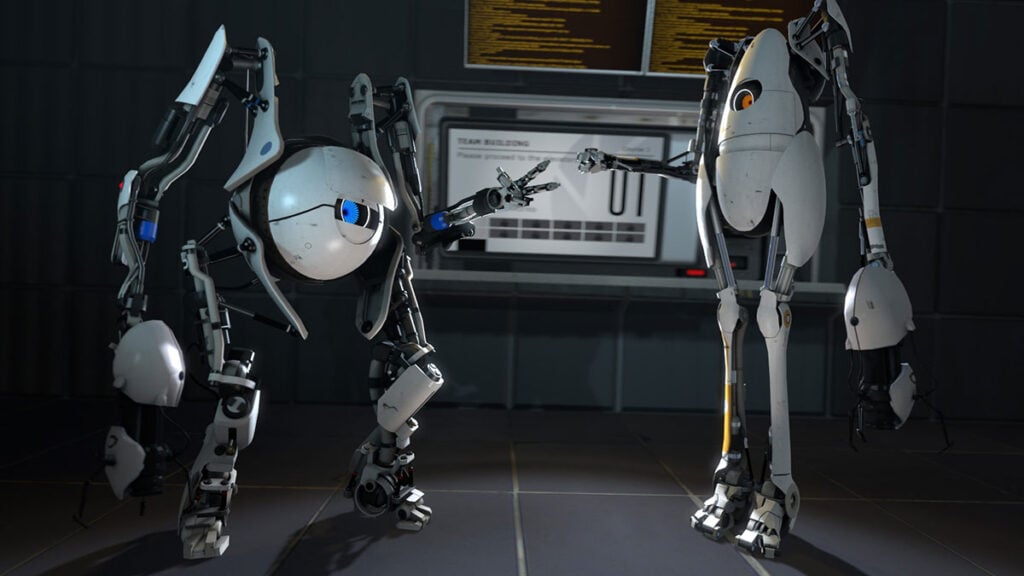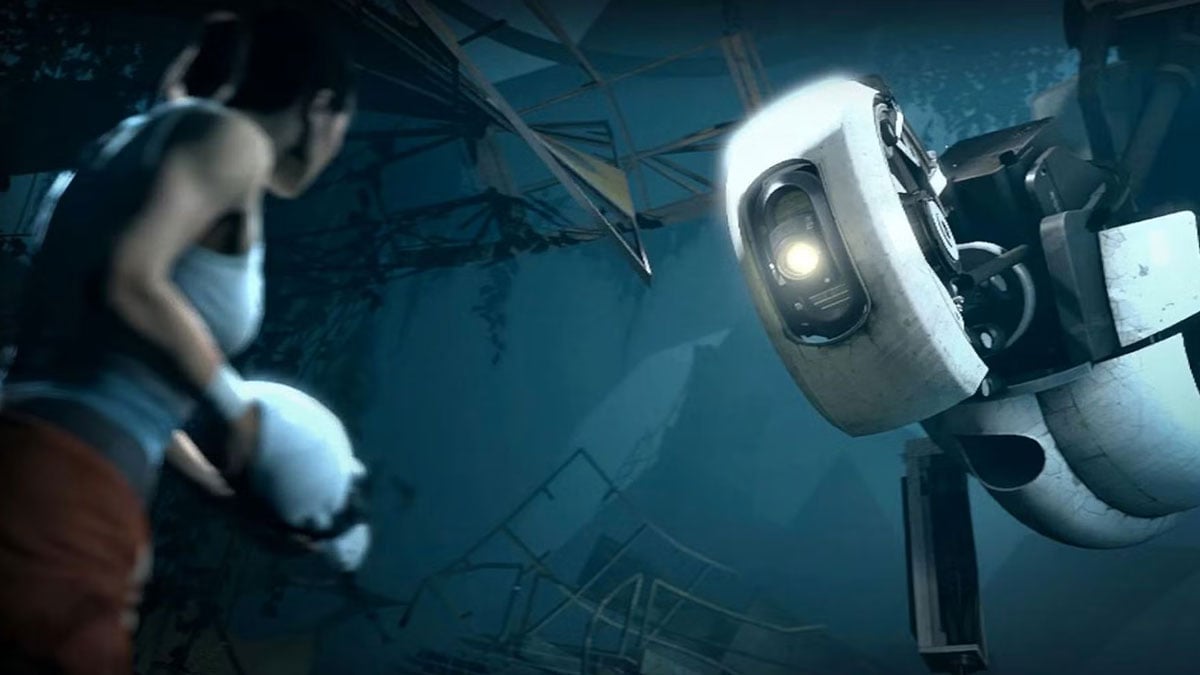After years of hyping up, AI firms say generative AI models are now strong enough to handle major parts of building games. According to The Information, various startups and publishers are racing to cash in on this trend. From animation, assets, to entire explorable worlds, AI tools promise to slash costs and timelines, raising hopes for a faster — and cheaper — game development process.
Genvid Technologies, which worked on interactive products for Meta and Twitch, says AI-generated animation costs have fallen off a cliff. CEO Jacob Navok explains that creating a 20-minute animated video used to run about $2 million. Now, with video-generation models from Google, MiniMax, and Kling, that same work can be done for around $1,500. In one case, a deputy created three minutes of prototype footage in just six hours — a task that once stretched across half a year. The savings are so big that Genvid now only partners with studios open to using AI.
Other startups want to push even further by targeting actual ‘explorable worlds.’ Decart, Google, and World Labs are training ‘world models’ claimed to be capable of building first-person environments similar to Call of Duty. Decart founder, Dean Lietersdorf, who has been in talks with ‘several big game studios,’ believes it’ll completely change the landscape of the industry. Especially, once the first fully AI-built game goes viral in the very near future.
“The entire gaming industry will change when there’s a single game that’s completely AI developed, and that game goes very viral,” said Lietersdorf. “And I think we’ll probably see that in the next three to six months.”

Nevertheless, he admitted that AI generation costs still need to drop even lower to achieve that goal. For example, Google’s Veo 3 currently charges around $1,000 to generate an hour of video. Decart’s smaller models can get that down to 25 cents, but with lower quality. Lietersdorf believes subscription-based AI-developed games can become realistic enough once reliable, high-quality models hit 10 cents an hour.
Big publishers are testing the waters as well. Square Enix has invested in Atlas, a Vienna-based company, and is currently testing its tech to generate in-game assets automatically. Last year, the company behind Final Fantasy also showcased its internal AI chatbot and Magic Generation System tools. It said that generative AI can streamline development processes and inspire innovation for game developers.
Microsoft and its studios, too, have been toying with AI for game development; much to the chagrin of the community.
Still, on the other hand, other heavyweights are keeping their distance. The publisher behind GTA, Take-Two Interactive, and Electronic Arts have publicly shown their caution and warned investors that rushing into AI could backfire. “The use of this new and emerging technology, which is in its early stages of widespread commercial use, presents social and ethical issues that may result in legal and reputational harm and liability,” wrote Take-Two.
Navok noted that in creative areas such as voice acting, music, and editing, humans still outperform AI, and those tasks remain ‘far cheaper’ to produce. With AI generation costs collapsing, developers and gamers now see the first major game built almost entirely by AI as a matter of when, not if.








